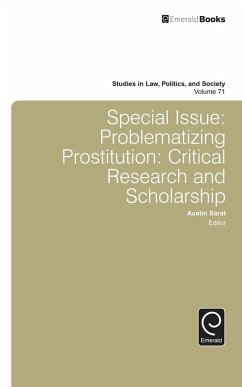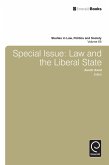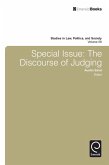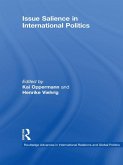The scholars who contribute to this issue utilize diverse research methods to examine the lived experiences of people engaged in prostitution and the people and institutions that process them. They look at the production of knowledge about prostitution and trafficking by institutional stakeholders, and how legal responses to prostitution and trafficking are affected by class, race, ethnicity, and migration. Drawing on data derived from innovative research methods including auto-ethnography, re-calculation of historical data, and participatory methods, the authors challenge us to re-examine the pro-sex/abolitionist divide, the historical theories of prostitution and ethical concerns around research with people engaged in prostitution. Instead our authors offer new configurations of sex, gender, and prostitution to better inform future scholarship, policy, and programming.
Dieser Download kann aus rechtlichen Gründen nur mit Rechnungsadresse in A, B, BG, CY, CZ, D, DK, EW, E, FIN, F, GR, HR, H, IRL, I, LT, L, LR, M, NL, PL, P, R, S, SLO, SK ausgeliefert werden.









